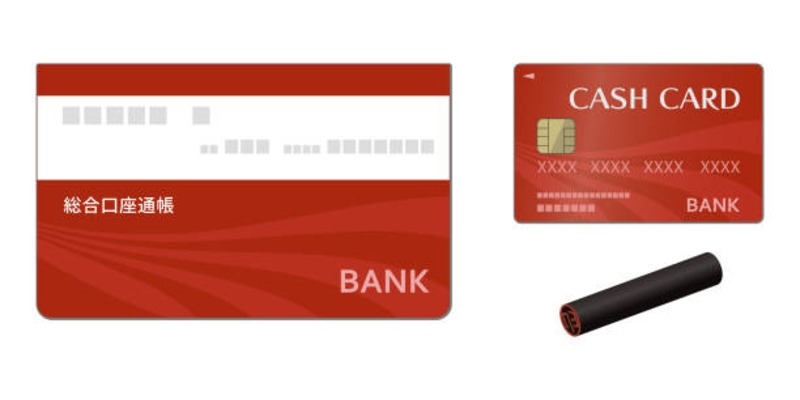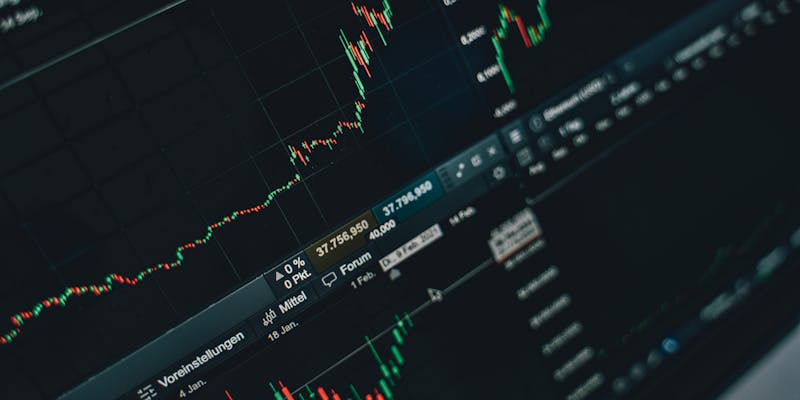A customer's negative balance in their margin account is the amount owed to their broker or another lender for borrowed cash used to acquire securities. After a customer's security purchase order is executed, the debit balance is the amount of money that must be present in the account to settle the transaction.
Recognizing a Negative Account Balance

When investing on margin, investors use a combination of their own money and cash borrowed from a broker to acquire more shares of stock in the hopes of realizing a more significant profit. They are using their leverage to their advantage.
Cash and margin accounts are the two most common investing accounts. A cash account limits a depositor's withdrawals to the amount of money actually in the account. Take the case of a trader with just $1,000 in liquid assets, who can only purchase stocks with a total value of $1,000 since that's all they can afford.
An investor or trader can use a margin account to borrow funds from the broker to buy more shares or borrow shares to make a profit in the event of a short sale. For example, a trader with $1,000 in liquid assets would desire to buy $1,800 in claims.
What Is the Purpose of a Negative Margin Balance?

Remember that prospective debit balances may be affected by the broker's lending restrictions or by the broker's adherence to minimum requirements set by bodies like FINRA and the Federal Reserve.
According to Regulation T of the Federal Reserve Board, you can only utilize 50% of your available margin to buy stocks. If you funded your margin account with $5,000, the maximum amount of stock you could buy with your borrowed funds would be $10,000.
From then, under FINRA regulations, you must always keep at least 25% equity based on the value of your margin account. 1 The term "maintenance need" describes this sum. Your broker could ask for more than that. Subtract your debit amount from the total market value of your securities to get your equity.
Margin Calls
Investors should be aware of the interest they will be charged and the likelihood of a margin call when they have a negative margin balance, although they have some leeway in paying down the sum. Margin calls serve as the brokerage's emergency method of controlling risk.
Investors must follow maintenance margin recommendations and the minimum and initial margin requirements. This is the bare minimum of equity that the investor must maintain. FINRA mandates that at least 25% equity be kept in it at all times to keep a margin account open. Brokers may charge as much as 40% or even 50%.
What Factors Affect the Margin Balance?
If an investor wants to borrow money from a broker, the broker can do so at the cost of interest, known as the margin rate. What those prices are will vary from brokerage to brokerage and security to security. A broker call rate or call money rate is a standard benchmark used by many brokerages, and this rate is sometimes tiered for different margin account amounts.
Brokers can use this rate as a starting point before adding or subtracting from it. It is common practice for the margin rate discount to increase in proportion to the size of the margin account balance.
The interest rates paid by traders with smaller margin amounts are more significant. So, an investor with less than $25,000 in their account might pay 7%-8% for margin premiums, while an investor with over $1 million in their consideration might pay 4%-5% instead.
Controlling Your Profit Margin
Realizing the potential consequences of a margin call is the first step in effectively managing a margin account and a margin balance. Your margin balance can be affected by the value of your assets; a reduction in the value of your margin securities due to higher volatility might cause you to go below the maintenance margin requirements. To keep trading, you'd have to add funds to your account.
You may delay or prevent margin calls by keeping a safety net in your margin account. You might also retain some money in the bank that you could move to your margin account if the value of your margin securities starts to drop due to market volatility.
Meaning of Individual Investors' Margin Debt
People who want to create a margin account and make riskier investments using borrowed funds from a broker or similar lender should be aware of their obligations to repay any outstanding debt balances. Lenders may impose more regulations to control their exposure to risk, which may raise the dangers investors face. Using a margin requires being financially stable enough to pay off your debt balance whenever it becomes due.




